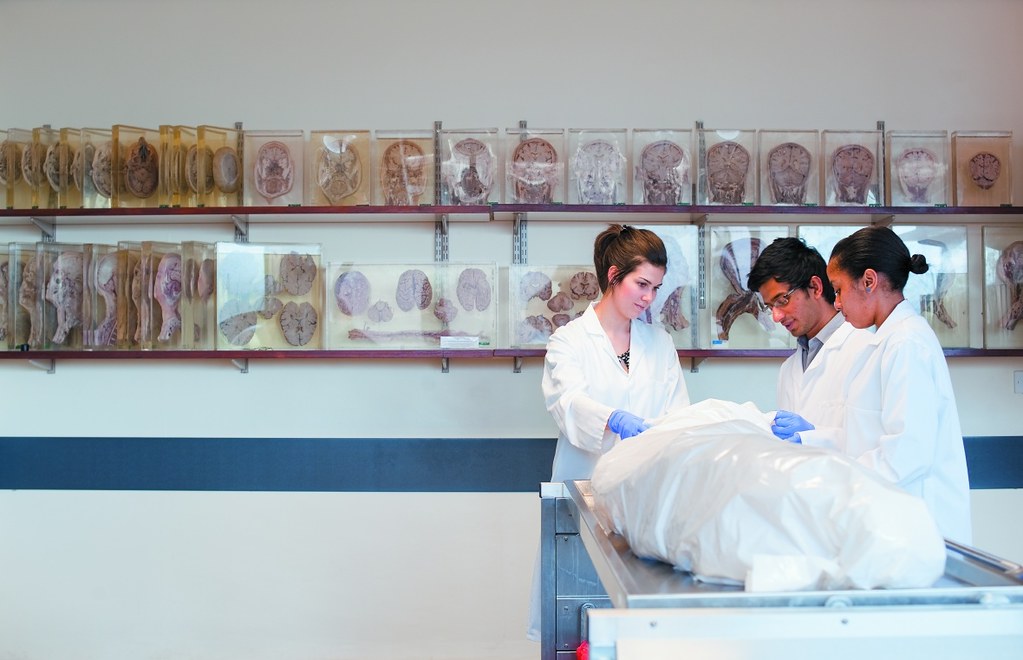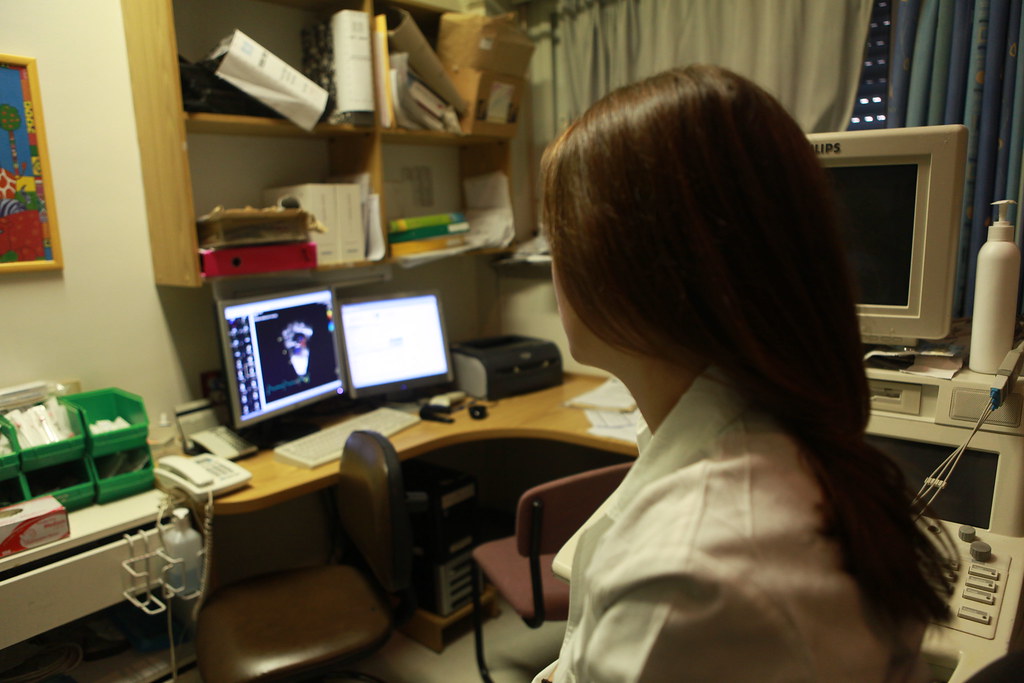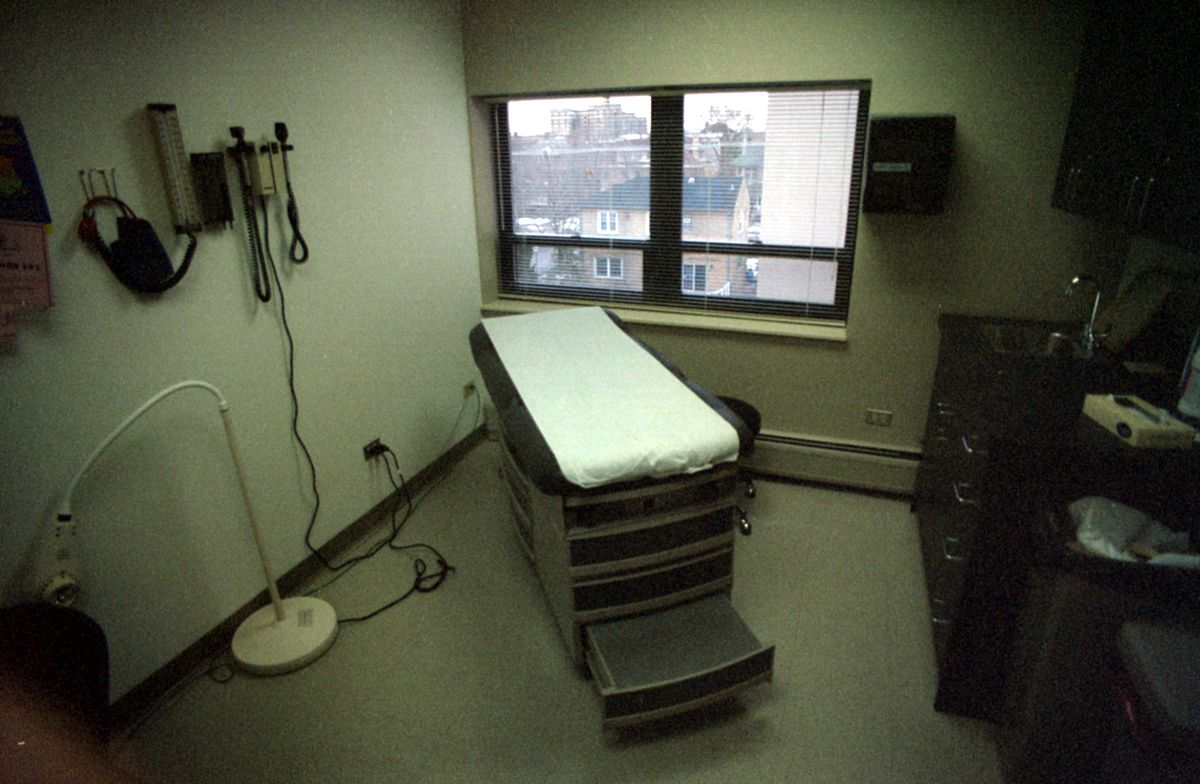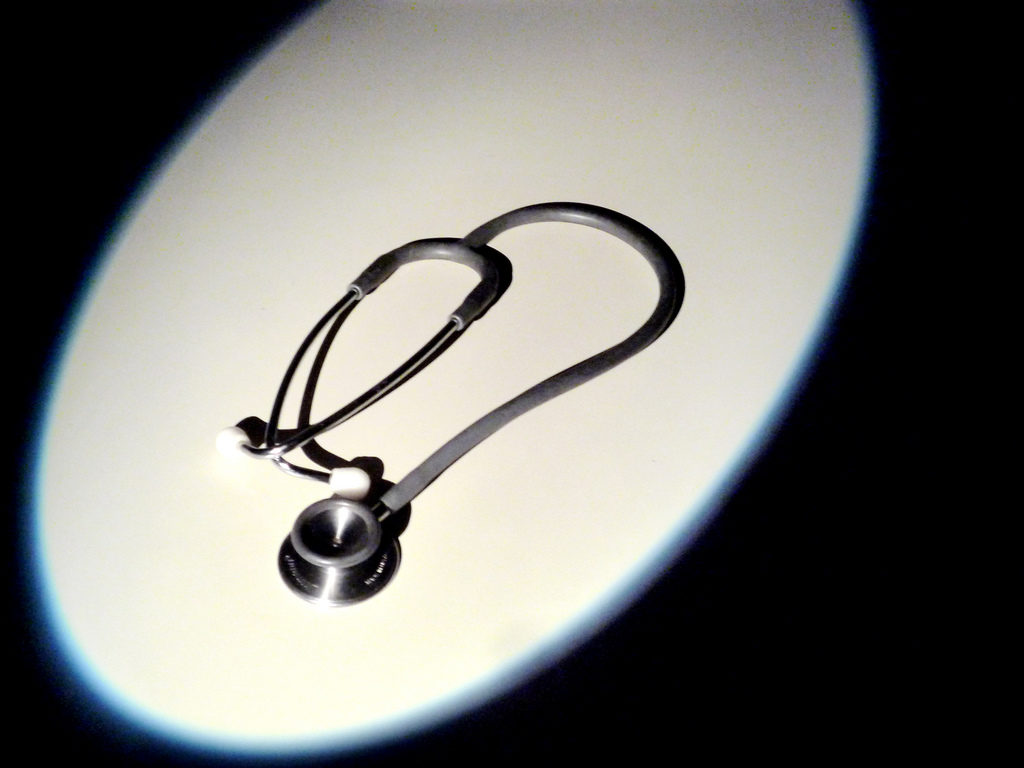My Hero
Showing love in times of loss, being a beacon of hope, taking time to spend with family and regaining our humanity are just some of the values medical student writer Karl Heward emphasizes should be reflected in our practice of medicine while demonstrating how personal tragedy courageously inspired him to adopt this mindset.








